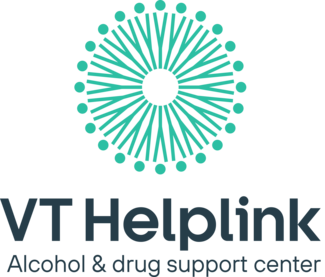What you need to know about prescription opioids
Opioids are powerful medicines that may be prescribed by your doctor to manage pain. Common opioid pain medicines are hydrocodone (Vicodin®) and oxycodone (Percocet®, Oxycontin®).
If you were prescribed an opioid medication, always follow your doctor's directions.
- Ask about minimum duration and dosage, side effects and how to safely stop.
- Ask about alternatives for pain management.

